Amy - When I was a teacher, I was a (sigh) hoarder. I knew to stock all the copier paper, construction paper, pens, markers, glue, and knick-knacks available at any time, because if I didn’t, it wouldn’t be there in the future. This article talks about the ways educators can do more with technology in the classroom.
Article - 5 Ways To Do EdTech On A Shoestring Budget
If teachers ran the government, we wouldn't have a national debt. Teachers are frugal. Very frugal. I’m not saying I reuse dental floss or anything, but the lengths I’ve gone to save money are amazing. This is because the money I’m saving is often…mine. Still, sometimes a teacher has to spend. I buy tons of pencils, papers, documentaries, resources, and other things each year. What I really want is unlimited access to the types of technologies my students find most engaging. Sometimes I feel this is way outside of my budget.
The five ways to do tech on a budget are 1. BYOD (Bring Your Own Device). 2. Purchase Carefully (Will students use this? Will they look forward to using this or will it be a burden? Does it fill some need or make life easier?). 3. Stream (Amazon Prime and Netflix). 4. Bring Tech to the Students (Labs are expensive. Bring the tech TO the students). 5. Go Paperless
Amy - I use time-tracking software at school. It tells me where I am spending my time, and if I’m spending my time doing the “productive behaviors.” I use RescueTime. It helps me to stay productive, keep from getting distracted, understand my daily habits, and to balance my work with my busy life!
Article - Time is of the essence, so you better track it well
My story of how I learned to embrace time tracking software has very little to do with efficiency and creativity more of an appreciation and awareness of my working hours. Who gets your time? By tracking, I was shown an ugly truth – that precious minutes of my day were being spent unwisely on financially and spiritually unrewarding endeavors.
At these moments, I would go on Facebook to see friends’ familiar faces and have a Gchat with old colleagues from my journalism days. These crutches weren’t doing me any favors in terms of getting me acclimated to my new job.
Once I tracked them, I realized that I was spending time avoiding tasks because I was nervous about taking them on and failing.
If you’re honest with yourself, you’ll get a true audit of your day. If you can’t face all the time you spend on social media or watching YouTube videos to avoid your work day, then you probably need more than just time tracking software.
Amy - Really helpful advice for people like me who are teachers, need to work with teams of teachers, and need to work with students. This very concept is described in great detail in "Think and Grow Rich" by Napoleon Hill. That teams want to work with leaders who don't brag, are positive, are kind, and who push the team in the right direction.
As a Biologist, I sometimes struggle with "experts in the field" who are arrogant and have lost sight of their beginnings. They don't believe that their accomplishments were luck, they believe they are smarter than everyone else. Very elitist, and very belittling to the people they are supposed to help. I always strive to be a better leader, to be kind to my students (even when they make me nuts), and to help as many people as I can.
Article - Why the best entrepreneurs and creators are humble
In an age where social media runs rampant with humblebrags and constant barking, humility grows scarcer every day. While this trend may not appear to have any face value, it holds significant implications for your personal achievements, your team building and relationships, and a more realistic projection of the future.
Embracing humility, and being humble, doesn’t mean never talking about your achievements and accomplishments. As 19th century author and preacher Charles Spurgeon eloquently explains it:
Humility is to make a right estimate of one’s self. It is no humility for a man to think less of himself than he ought, though it might rather puzzle him to do that.
It’s futile to brag about things that haven’t happened yet. Instead, remind yourself that these future events aren’t set in stone — and success isn’t the only possible outcome. Be grateful that you have someone to listen to this and keep you accountable. Whether it’s between friends, or collaborators and colleagues studies show humility to be a trait we value in others.
Humility pushes you to achieve more, Humility builds better teams, and Humility will be the downfall of arrogance.
Amy - As a Biologist, I have LOVED looking at the microscopic world. From viewing bacteria, parasites, pond water, macroinvertebrates, and all kinds of little things, the microscopic world holds many of the answers to the questions we ask. We can diagnose diseases. We can find out what’s hurting our ecosystems. We can figure out how systems work. Whether your microscope is a stereoscope (that magnifies up to 40x) or a SEM (scanning electron microscope that can view up to 12,000x) or a TEM (transmission electron microscope that can view up to 50 million times!) Unlocking the microscopic world has given mankind an amazing portal into another universe.
Article - 5 Common Objects That Look 300x Cooler Under a Microscope
A microscope can reveal the fascinating world hiding in everyday objects.
If you paid any attention in science class, you know that tiny cells and molecules form the building blocks of most things. Everyday things can look completely different — even otherworldly — when magnified.
SEE ALSO: 5 Fun Science Experiments for Kids
Sesame Street's triangle-loving monster Telly stopped by Mashable's #5facts to discover the mysterious unseen intricacies of ordinary objects.
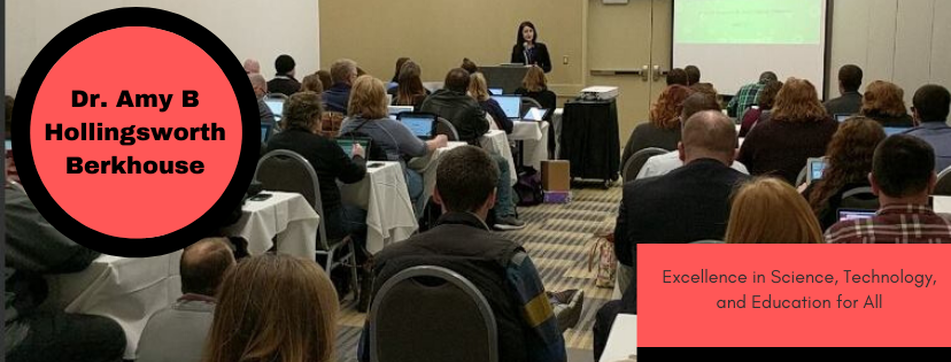
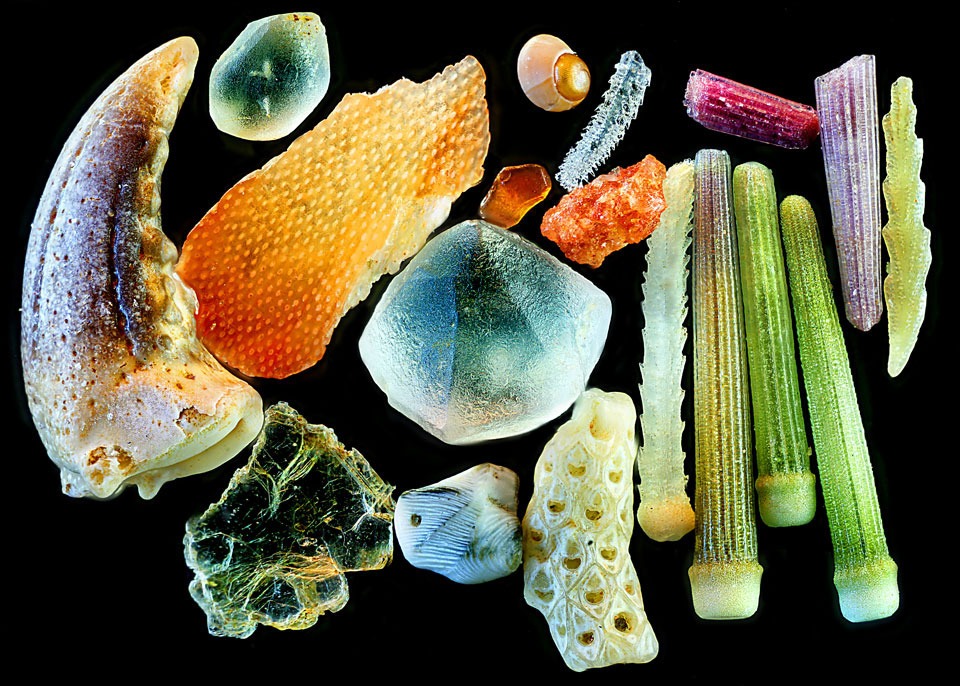


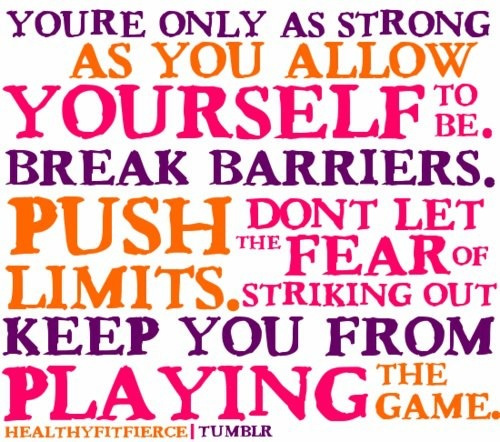
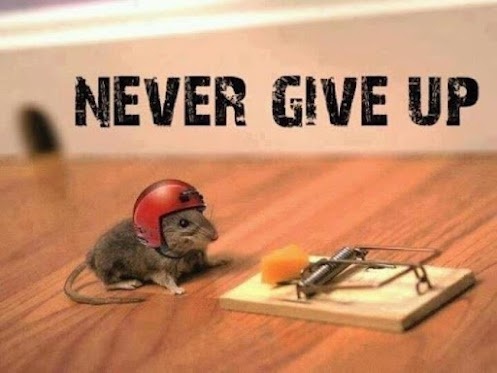
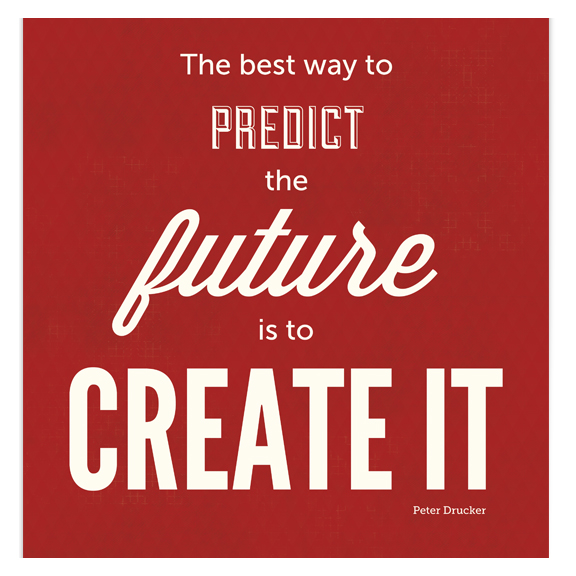

 RSS Feed
RSS Feed
